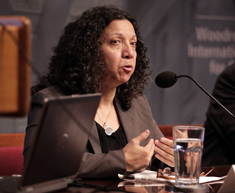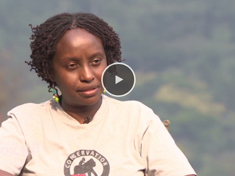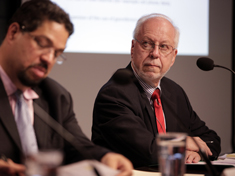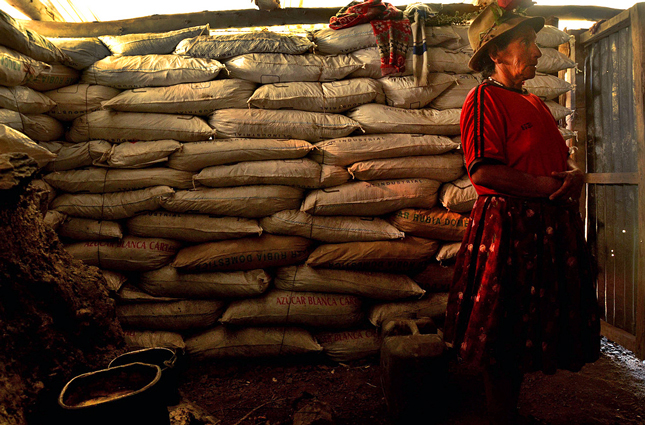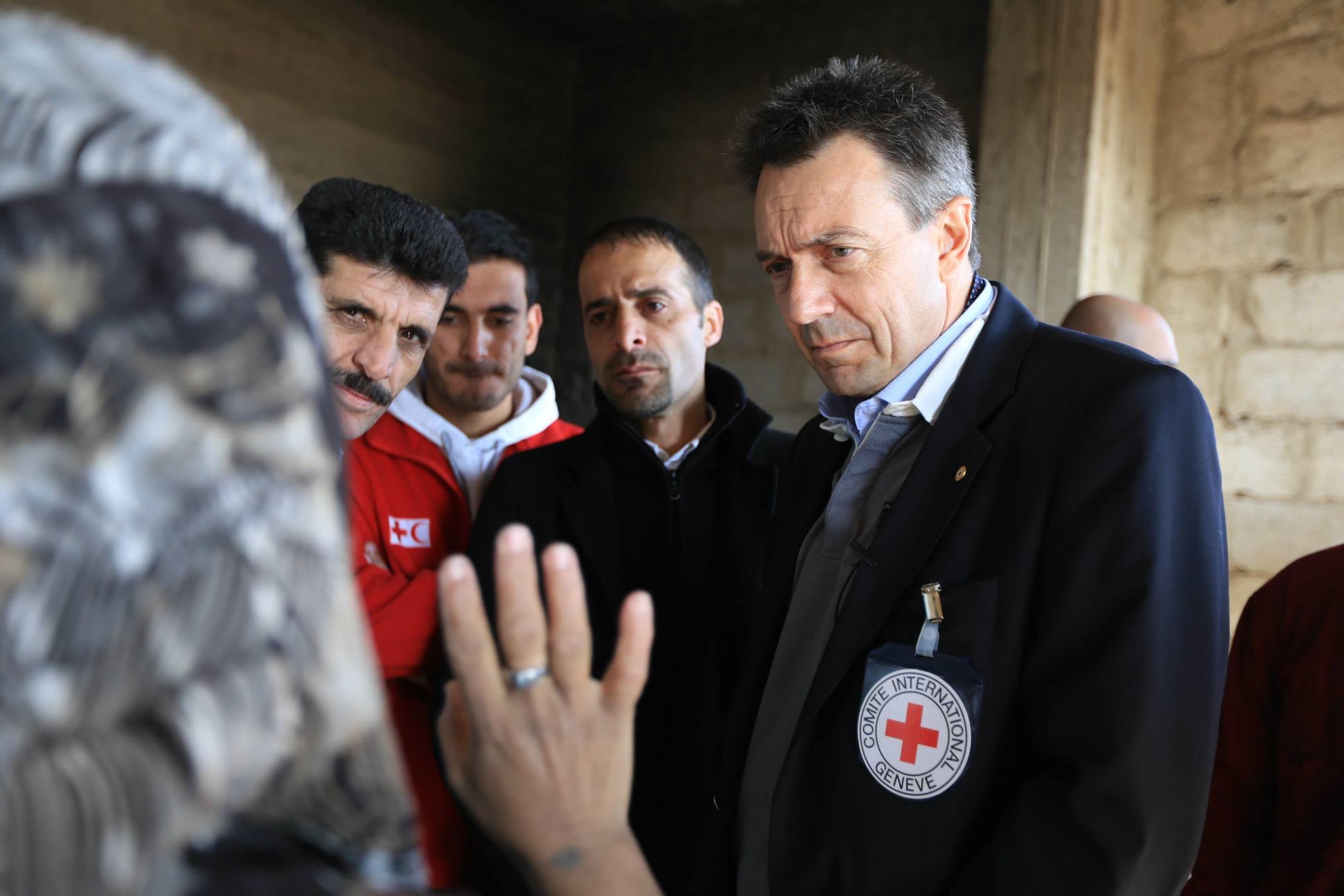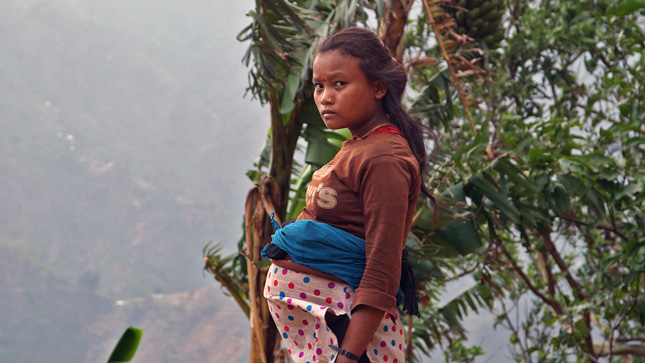-
Susana Adamo: Migration Is Changing the Geography of Climate Change Vulnerability
›
While it may seem obvious, it bears repeating that certain parts of the world are more susceptible than others to the adverse impacts of climate change. And since humans are distributed unevenly across the earth’s surface, certain people are more susceptible than others as well.
-
Partnering on Climate Change Adaptation, Peacebuilding, and Population in Africa
›June 12, 2014 // By Lauren Herzer Risi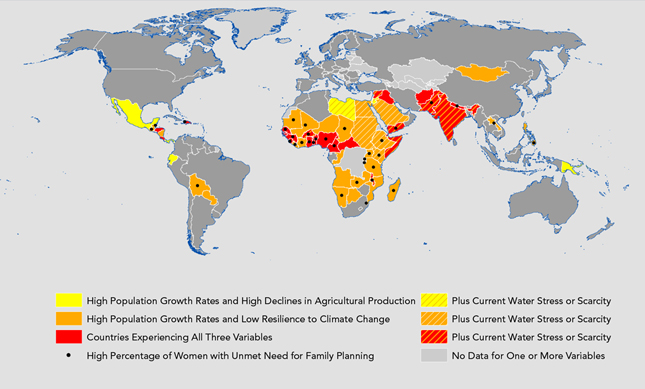
Rapid population growth can be a contributing factor to climate change vulnerability and should be considered in climate adaptation and peacebuilding efforts, said the Wilson Center’s Roger-Mark De Souza at a workshop on climate change adaptation and peacebuilding hosted by the Institute for Security Studies (ISS) in Addis Ababa.
-
CNN Profiles the Work of Conservation Through Public Health in Uganda
›
Reporting on long-term, complex human-environment interactions can be daunting. As the saying goes, “if it bleeds, it leads,” and slow, sometimes-distant changes rarely make headlines. Yet, earlier this year CNN International’s African Voices program took a stab at it, diving into the world of integrated development in a three-part profile of Conservation Through Public Health (CTPH), a Ugandan NGO that is working to preserve one of Central Africa’s most important biodiversity hotspots while strengthening the health and wellbeing of nearby communities.
-
Not Just Climate Change: Marcel Leroy on How Demography Contributes to Africa’s Scarcity Problems
›
The Sahel has endured multiple debilitating food crises over the last five years and climate change has often been fingered as the culprit. But it is important to equally consider the amplifying effects of demographic trends on resource scarcity, says the University of Peace’s Marcel Leroy in this week’s podcast.
-
Heidi Worley, Population Reference Bureau
New Kenyan Population Policy
›May 29, 2014 // By Wilson Center StaffIn 2012, the government of Kenya passed a landmark policy to manage its rapid population growth. The new population policy aims to reduce the number of children a woman has over her lifetime from five in 2009 to 3 by 2030. The policy also includes targets for child mortality, maternal mortality, life expectancy, and other reproductive health measures.
-
Getting Specific About Climate Conflict: Case Studies Show Need for Participatory Approaches to Adaptation
›May 28, 2014 // By Moses Jackson
Will climate change cause conflict? That question, which has sparked heated debates in academia and the media, resists simple answers. But is climate change already contributing to conflict in some places? If so, how exactly? And more importantly, what should be done about it? These questions were the focus of a 2013 preliminary report produced for USAID by international development firm Tetra Tech ARD, which examines the climate-conflict nexus in Uganda, Ethiopia, and Peru.
-
The Red Cross’s Peter Maurer on New Challenges for Humanitarian Aid
›
Last year, the International Committee of the Red Cross (ICRC) celebrated 150 years of their mission to “protect the lives and dignity of victims of war and internal violence.” Though this mission hasn’t changed in the past century-and-a-half, the nature of conflict and crisis response has. [Video Below]
-
To Build Resilience Through Development, Learn From Population, Health, and Environment Programs
›May 19, 2014 // By Laurie Mazur
In an era defined by climate change and other disruptions, “resilience” – the capacity to survive and thrive in times of crisis and change – is increasingly essential.
Showing posts from category Africa.


